Empowering small farmers is central to govt's vision: PM Modi
Tue 02 Mar 2021, 10:19:28
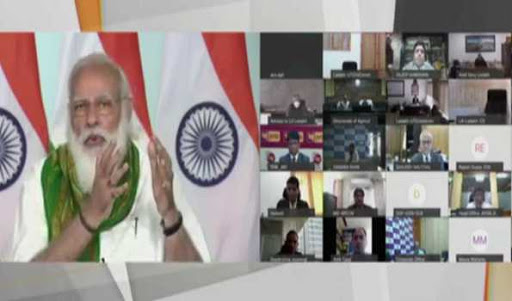
Prime Minister Narendra Modi has said that empowerment of small farmers is central to his government's vision. He said empowerment of small farmers will greatly help in ridding Indian agriculture of many problems.
Mr Modi was addressing a webinar on effective implementation of Budget provisions regarding Agriculture and Farmers’ Welfare through a video conference. Experts from Agriculture, Dairy, Fisheries sector, stakeholders from the Public, Private & Cooperative sector and Representatives from Banks funding the rural economy participated in the webinar.
Prime Minister highlighted some of the provisions for Agriculture in this Union Budget like increasing the Agriculture Credit target to 16 lakh 50 thousand crore rupees with priority to Animal husbandry, Dairy and Fisheries sector.
Mr Modi stressed the need for Post Harvest Revolution or Food Processing Revolution and Value Addition in the 21st century, amidst ever-increasing agricultural production. He said it would have been very good for the country if this work would have been done two-three decades ago.
The Prime Minister strongly emphasized on developing processing in every agriculture-related sector such as
foodgrains, vegetables, fruits, fisheries etc. He said, for this, it is critical that farmers should have storage facilities near their villages.
foodgrains, vegetables, fruits, fisheries etc. He said, for this, it is critical that farmers should have storage facilities near their villages.
Mr Modi called for the improvement of the system of taking the product from the fields to processing units and emphasized that hand-holding of these units be done by the Farmer Producer Organizations (FPOs). He stressed the need for expanding the options for the country’s farmers to sell their produce.
He said, we have to expand our country’s agriculture sector into the global market for processed food. Mr Modi said, we must increase the number of Agro-Industries Clusters near the village so that the people of the village can get employment related to farming in the village itself.
Prime Minister said Organic Clusters and Export clusters will also play a major role in this. He envisioned that we have to move towards a scenario where agro-based products move from the village to the cities and industrial products reach villages from cities.
He also emphasized the need to explore ways to leverage the One District, One Product scheme to take our products to the global markets.
No Comments For This Post, Be first to write a Comment.
Most viewed from National
Most viewed from World
AIMIM News
Latest Urdu News
Most Viewed
May 26, 2020
Can Lionel Messi's visit boost Indian football?
Latest Videos View All
Like Us
Home
About Us
Advertise With Us
All Polls
Epaper Archives
Privacy Policy
Contact Us
Download Etemaad App
© 2026 Etemaad Daily News, All Rights Reserved.



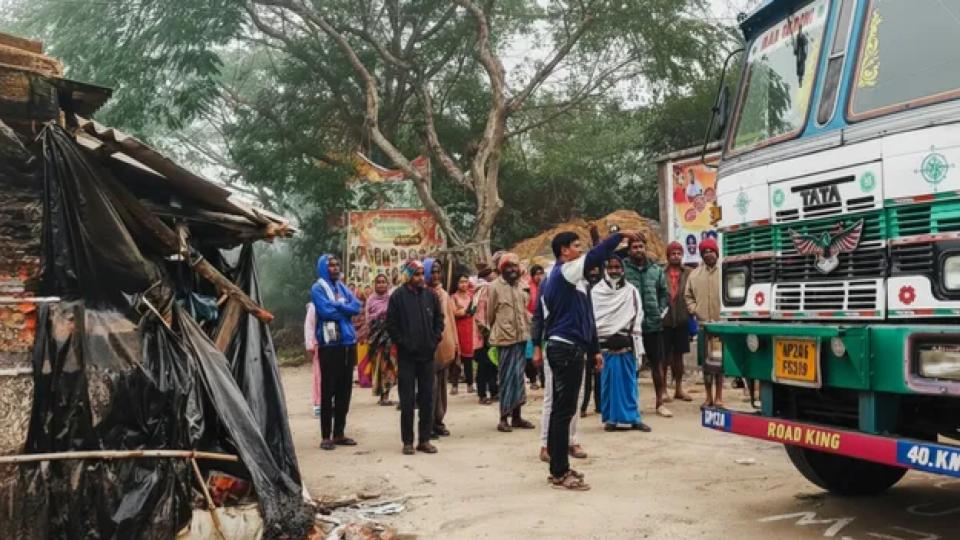
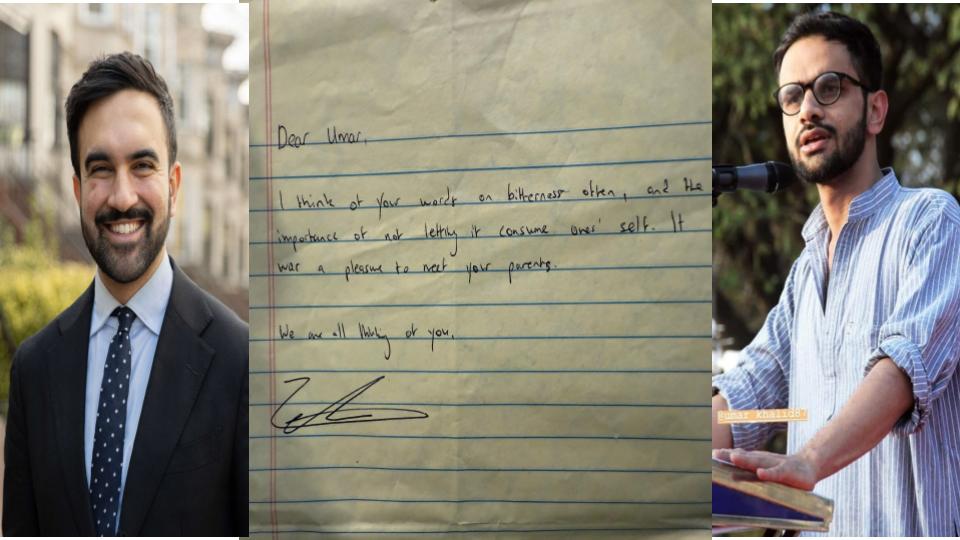
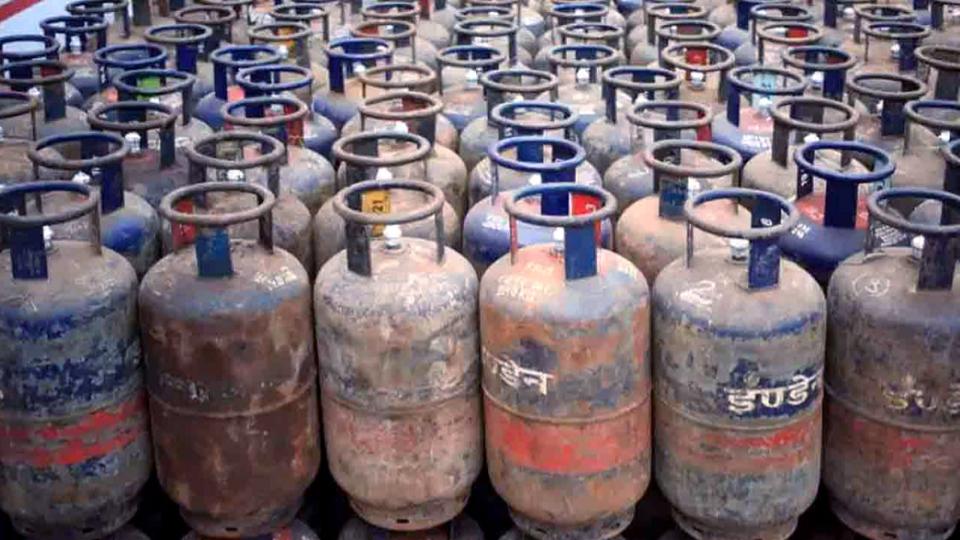

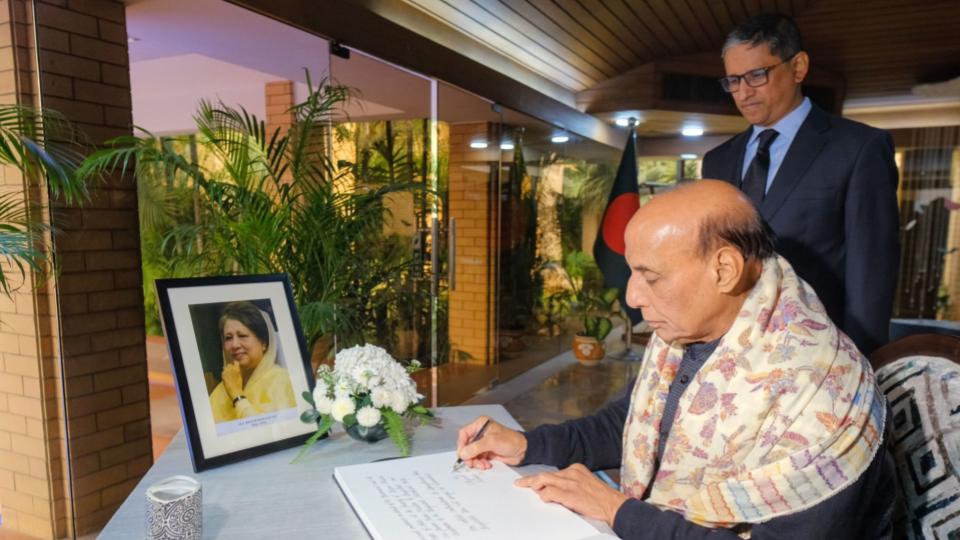

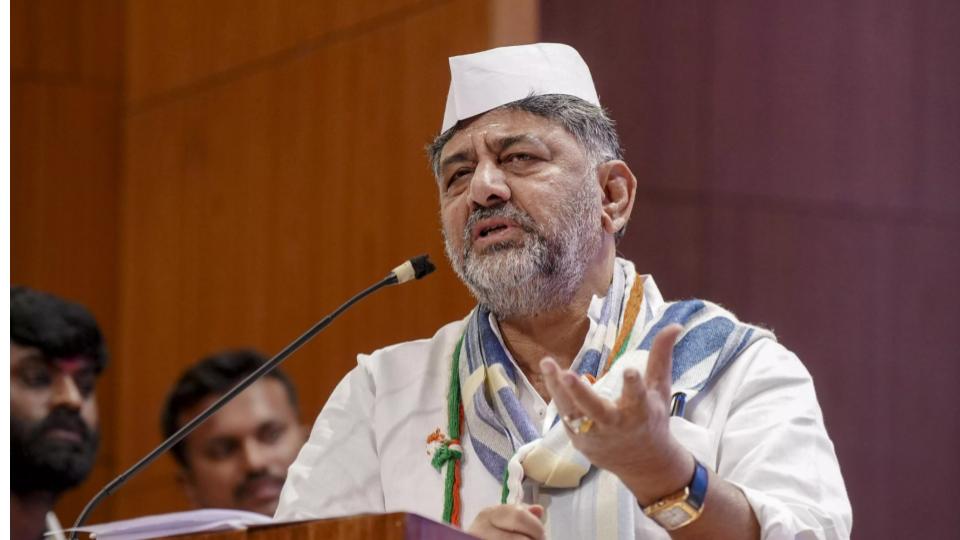


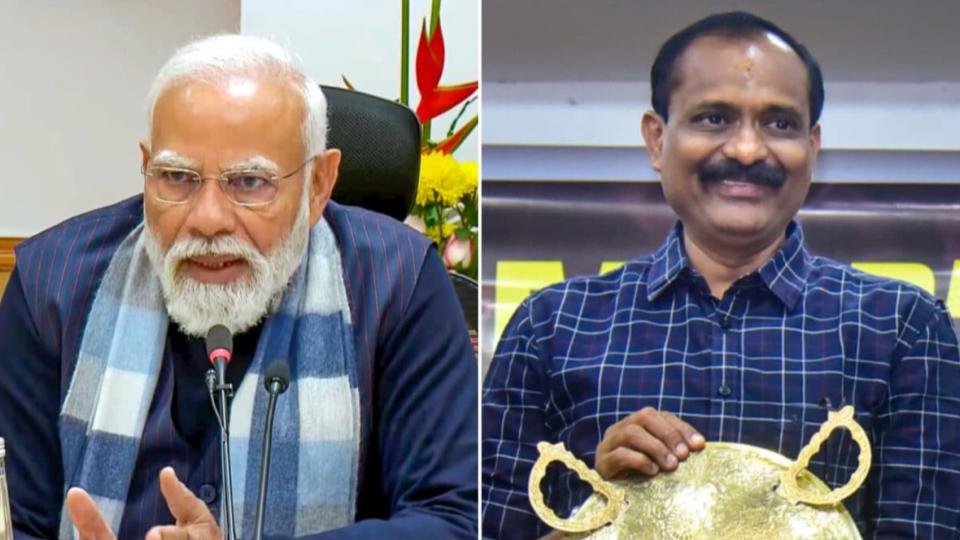
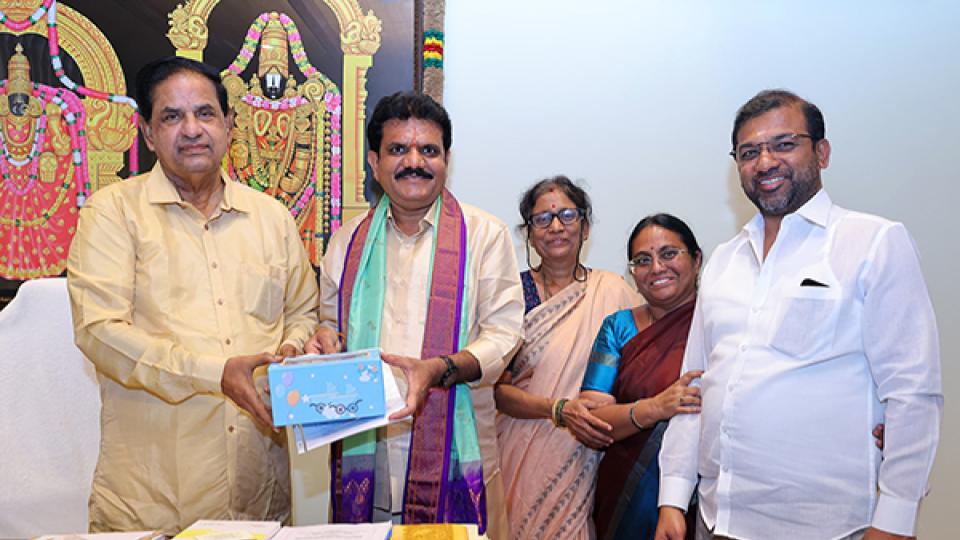
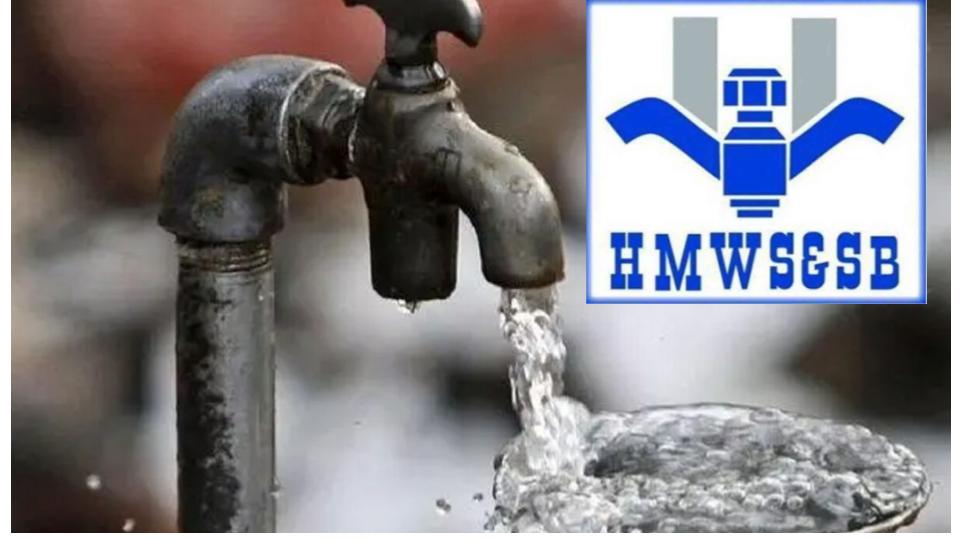
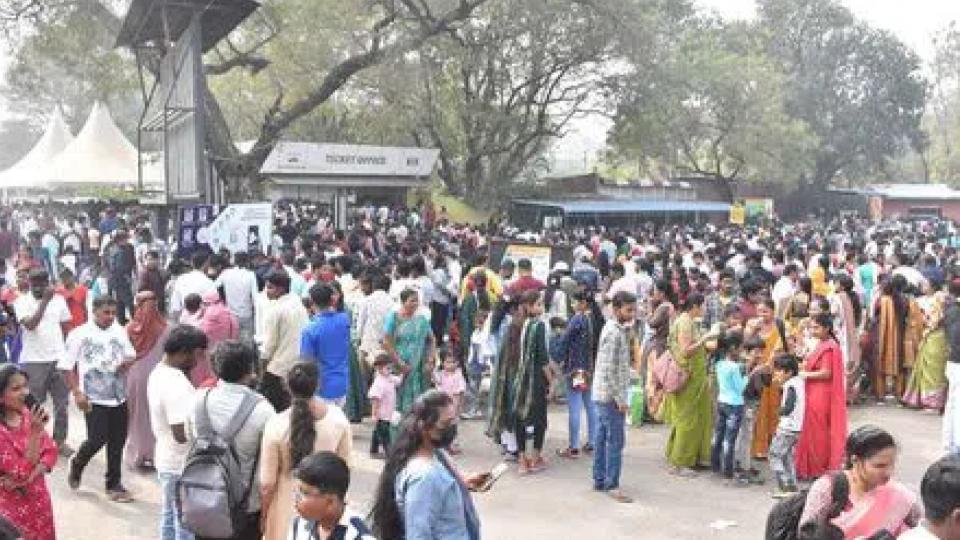


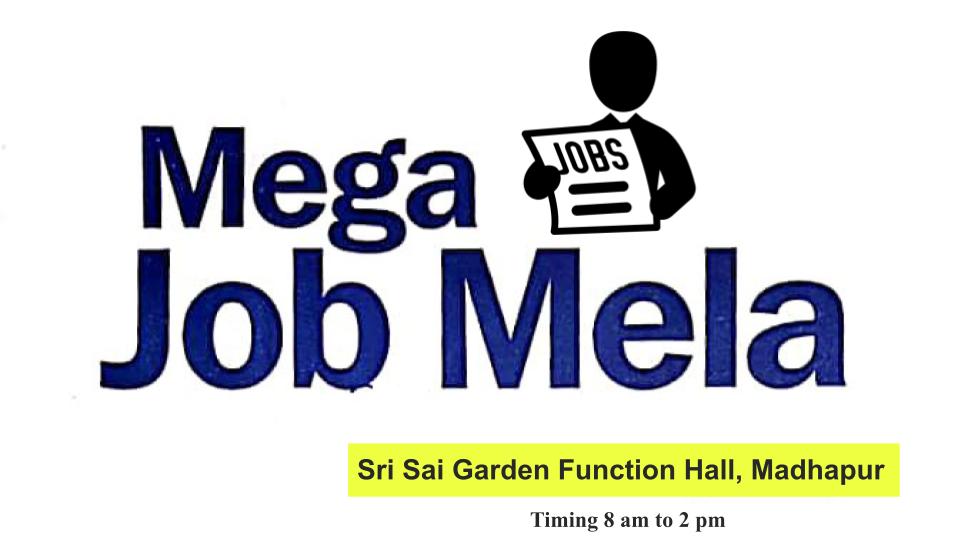
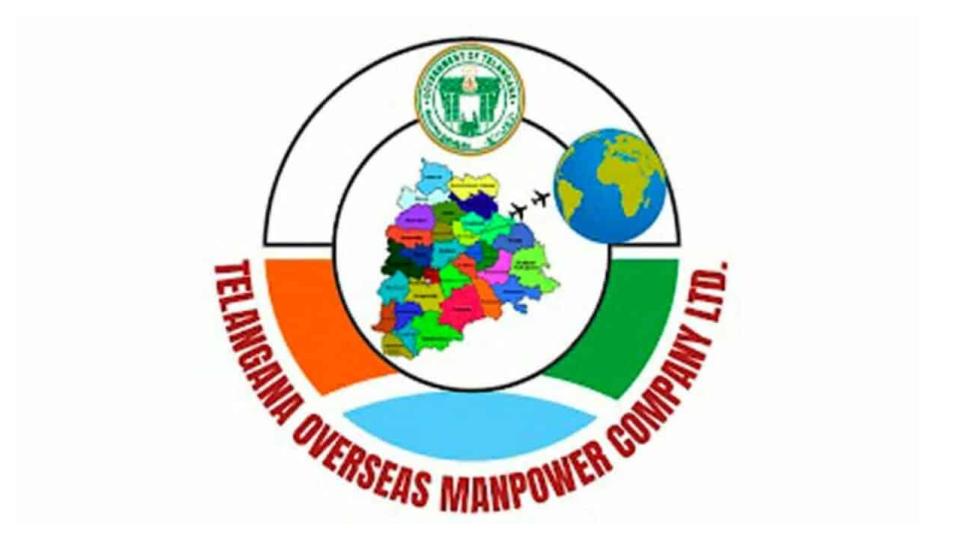
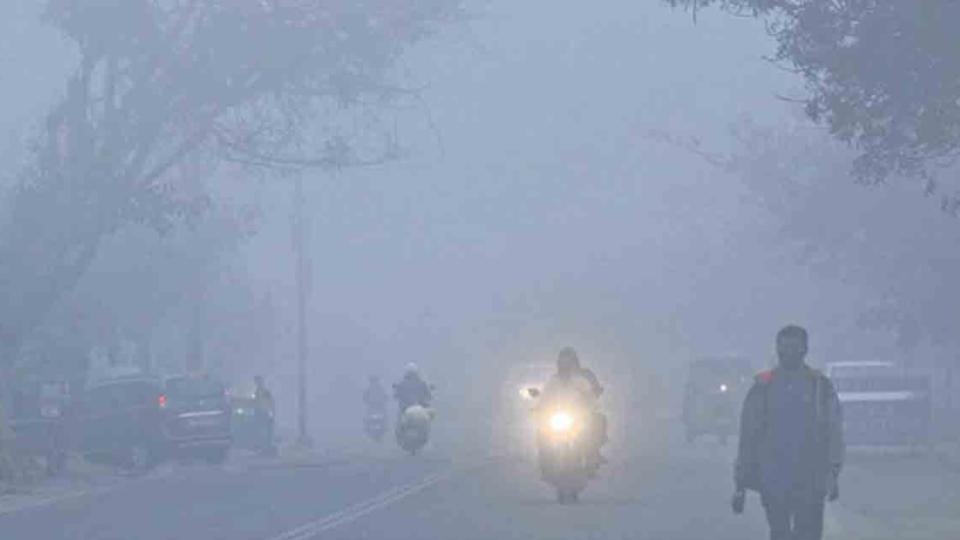
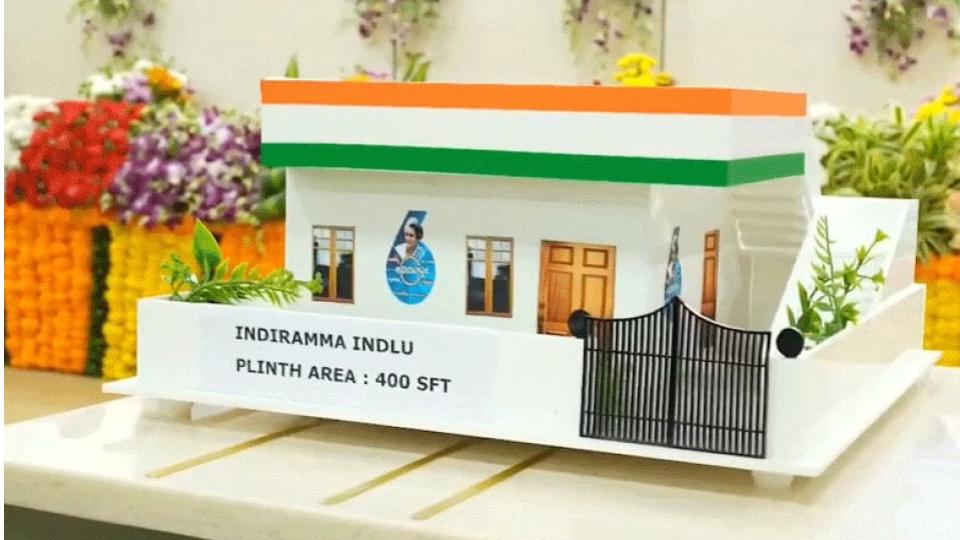

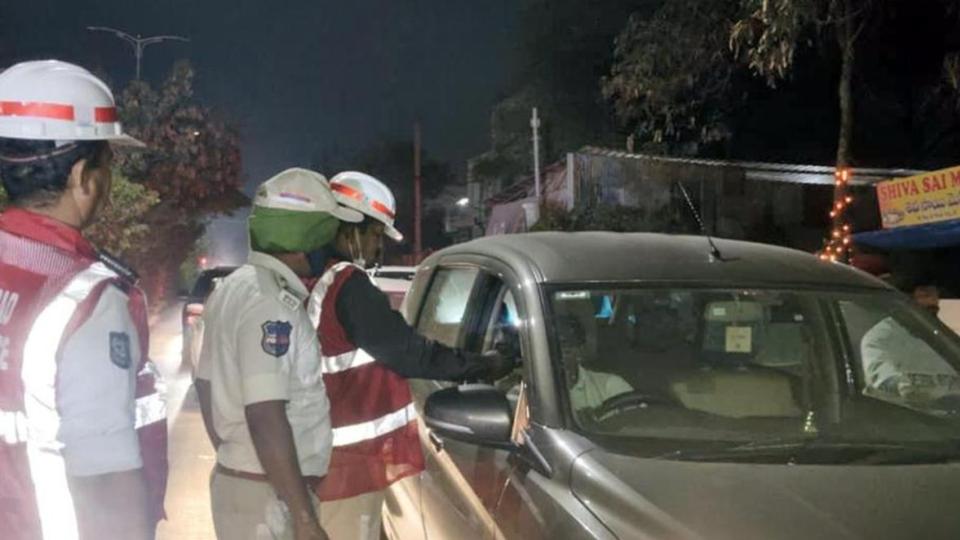
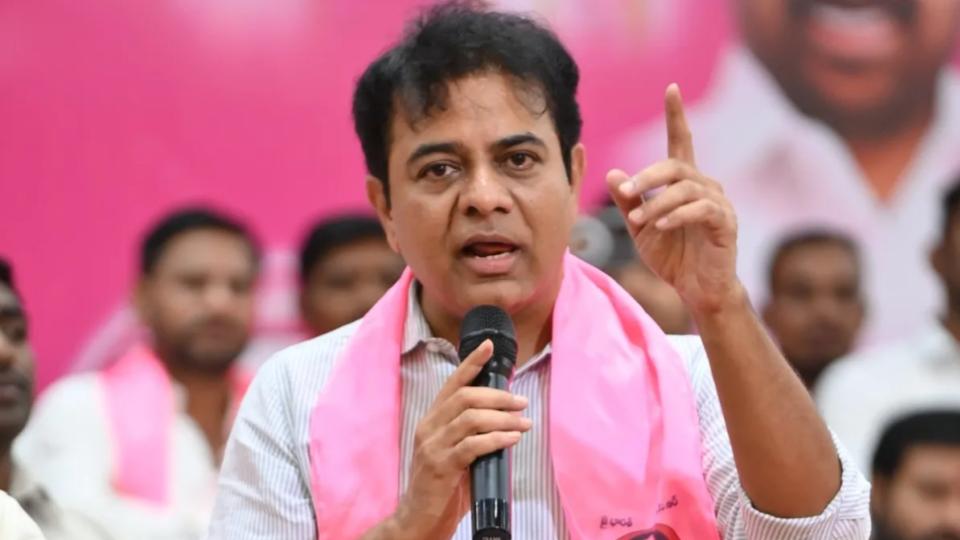












.jpg)
.jpg)
.jpg)


